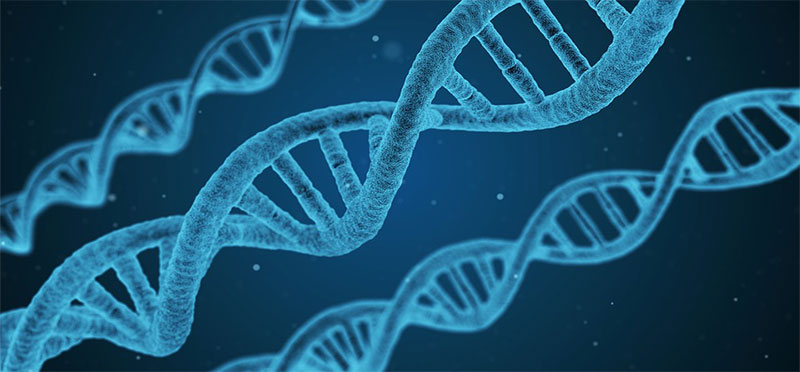
In News
Researchers from Indian Institute of Science (IISc) have for the first time delivered protein directly into the cells using a novel strategy.
In-Detail
- The research team have managed to send protein molecules into the mammalian cells which is considered difficult as protein cannot enter on their own into the cells.
- Protein are much bigger than many therapeutic molecules.
- To make the protein entry possible, the team had substituted a Hydrogen atom of the protein with iodine.
- This led to the six-time increase in the uptake of protein by the cells.
- Before this, they tried replacing hydrogen with bromine and chlorine.
- With bromine the uptake was two times and with chlorine it has increased marginally.
- Others have tried many strategies to make proteins enter cells but they have their own difficulties.
- The strategy used by Bengaluru IISc team is very efficient.
- In diseased conditions, proteins inside the cells gets impaired.
- Especially in cases of neurodegenerative diseases and cardiovascular diseases.
- Here, making proteins available for the cells through extraneous intervention becomes important.
The Research
- For the research, the team has first synthesised a green fluorescent protein with a hydrogen atom replaced by iodine atom.
- To introduce iodine at a specific place on the protein, they have used iodinated amino acid. Since this being an artificial amino acid, the protein synthesis machinery of the cells does not accept it.
- The genetic code of the organism was thus expanded to make it accept iodinated amino acid during biosynthesis in the cells.
- The presence of iodine on the outer surface of the protein has made it possible to keep in tact its functionality.
- The halogen bond between iodine and a specific receptor on the cell membrane makes it possible for more protein to be getting into the cells.
- Proteins should reach the cytoplasm of the cells to be functionally useful.
- But, the researchers have noticed that the proteins are being trapped by endosomes and are being carried to lysosomes where they are being degraded.
- To overcome the problem, the researchers have treated the cell with a peptide that changes the pH of the endosomes and makes it rupture thereby allowing the proteins to reach cytoplasm.
- The researchers have found that the toxicity induced by the strategy is similar to native protein.
Conclusion
The research will pave the way for creating novel drugs for many health conditions where protein delivery is needed.

Leave a Reply
You must be logged in to post a comment.